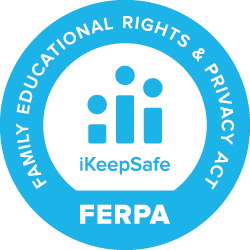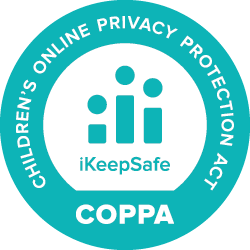JASON Learning understands that opportunities are limited, and the challenges are greater for many students, especially those in demographics underrepresented in STEM academics and careers. Students from all backgrounds—no matter their race, income, or gender—deserve educational opportunity.
Currently, only a few school districts across the country have the resources to pay for innovative educational resources that are most effective at engaging students in STEM and can provide professional development training for their educators and staff. This unequal access to high-quality STEM learning curricula, materials, and resources perpetuates established racial, socioeconomic, and gender inequities in STEM education in both the school system and in the workforce.
Youth from high-income households are more likely to be exposed to STEM careers and experiences at a younger age and are more likely to become future innovators. Less exposed youth, including those from low-income families, ethnic minorities, and girls, are less likely to pursue STEM and related career paths. To increase diverse representation and innovation effectively, we must expose young people to STEM at an early age with role models from various backgrounds.
Framing STEM teaching and learning within authentic, real-world examples featuring diverse, inspiring career role models is a hallmark of JASON’s long-standing approach to curriculum design, and research suggests this has been key to JASON’s ability to improve academic outcomes, especially for underrepresented student groups. JASON’s curriculum converts real-world expertise into meaningful educational experiences and highlights various learning experiences, challenges, and ideas from professionals from different backgrounds. In addition to improving learning outcomes for the topic at hand, the role model approach helps students build positive self-identities concerning their STEM and problem-solving abilities because they relate to the role models as individuals and can envision themselves pursuing similar career paths. By featuring diverse role models in the student curriculum, we can increase student success, engagement, and sense of belonging in STEM.
JASON strongly supports equity and diverse representation in education and works to help students see themselves and their own bright possibilities in the faces of talented STEM role models, innovative curricula, and teachers and mentors who inspire them. Diverse representation in learning materials helps build an empowered, inclusive, and authentic learning environment.
We are committed to building a more inclusive and equitable future for all and fulfilling our mission “to inspire and educate students everywhere through real science and exploration.” Employees, board members, and partners of JASON strive to support this mission every day through every product and program and for every student that we reach. We have a strong team and decades of experience bringing high-quality STEM education to PreK-12 institutions in historically marginalized, underserved, and underrepresented communities.
Co-written by Eleanor Smalley & Jenna Davis



